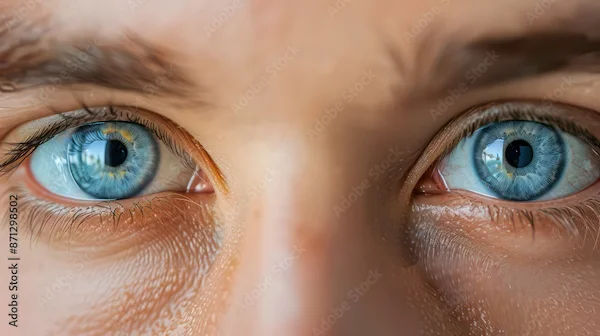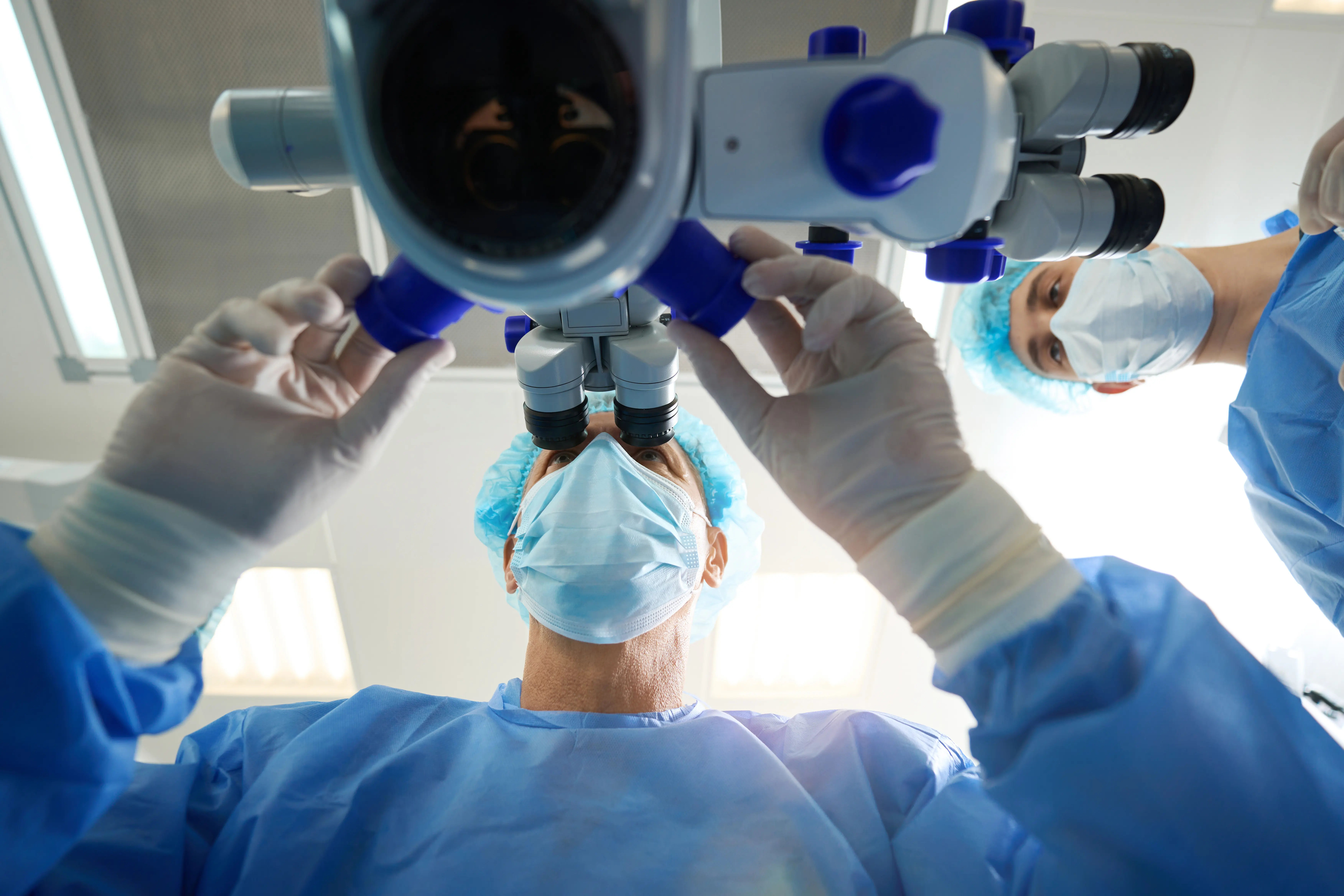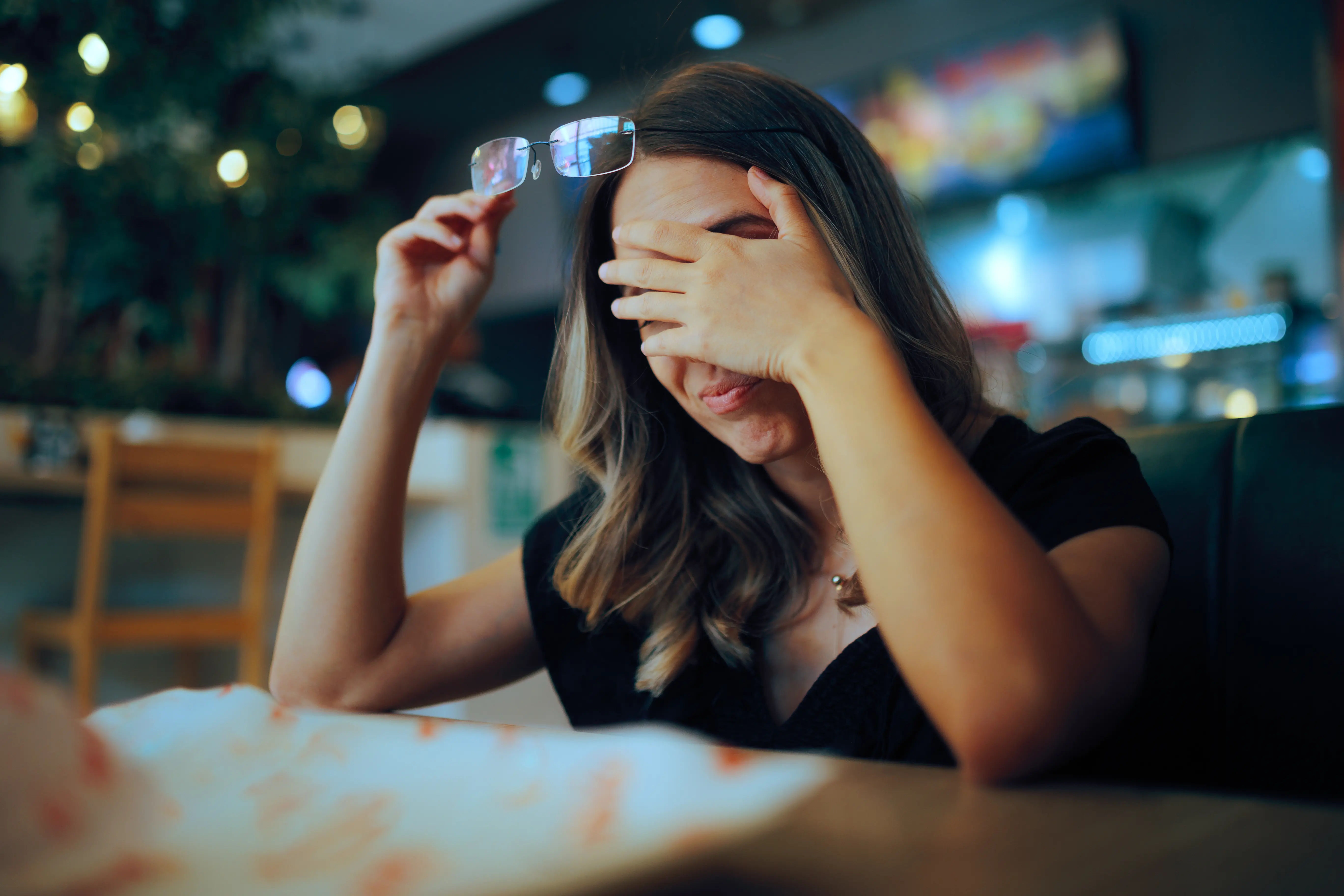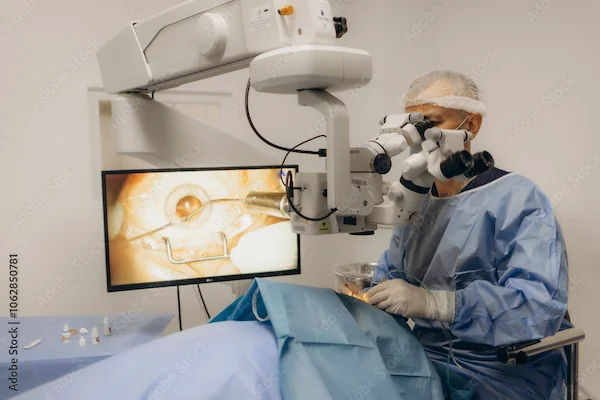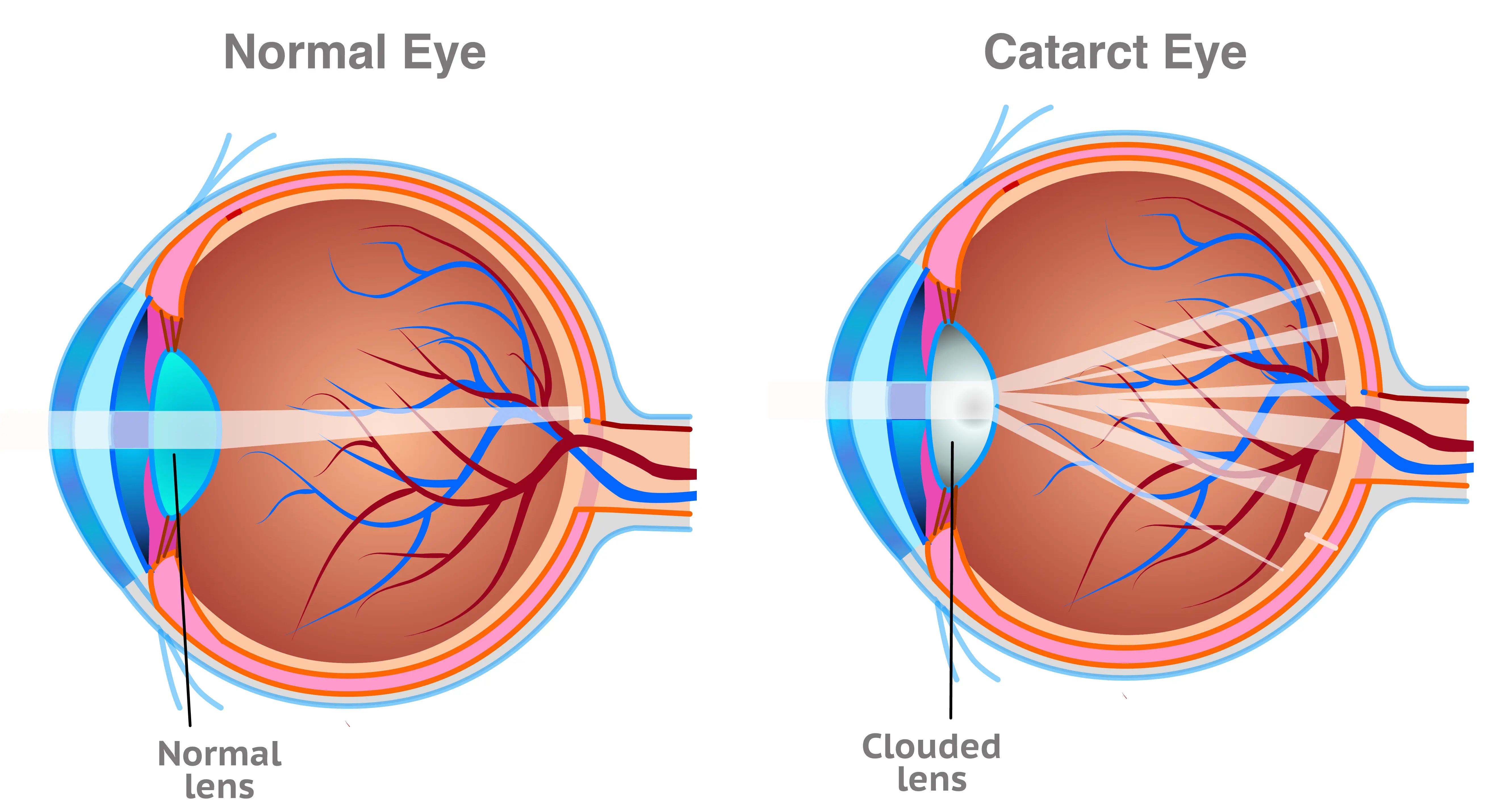How To Avoid Sneezing After Cataract Surgery?
Learn how to avoid sneezing after cataract surgery to ensure proper healing and prevent complications. Discover expert tips for post-surgery care and maintaining eye health.

Written by
Last updated on 13th Jan, 2026

Introduction
Cataract surgery is a common and generally safe procedure that helps restore clear vision by replacing the cloudy lens in your eye with an artificial one. While the surgery itself is quick and effective, the recovery period requires some care to avoid complications. One concern many patients have is sneezing after cataract surgery, whether it’s safe and how to prevent it. In this article, we’ll discuss why sneezing can be a concern after cataract surgery, how to minimise the risk, and what to do if you feel a sneeze coming on.
Why Is Sneezing a Concern After Cataract Surgery?
After cataract surgery, your eye is in a delicate healing phase. Sneezing creates a sudden, forceful movement that can increase pressure inside the eye. While a single sneeze is unlikely to cause serious harm, repeated or very forceful sneezing could potentially:
Dislodge the new lens implant (though this is rare).
Increase eye pressure, which may slow down healing.
Cause minor bleeding or irritation in the eye.
Most patients recover without issues, but taking precautions can help ensure a smooth healing process.
How to Reduce Sneezing After Cataract Surgery?
While you can’t always control when you sneeze, there are ways to minimise the chances of sneezing or reduce its impact:
1. Avoid Common Sneezing Triggers
Dust & Pollen: Stay in clean environments and avoid dusty areas.
Strong Smells: Perfumes, smoke, or strong cleaning agents can trigger sneezing.
Bright Light: Some people sneeze when exposed to sudden bright light (a condition called photic sneeze reflex). Wear sunglasses indoors if needed.
2. Keep Allergies Under Control
If you have allergies, take prescribed antihistamines (after consulting your doctor).
Use a saline nasal spray to keep nasal passages moist and reduce irritation.
3. Try to Sneeze Gently
If you feel a sneeze coming, try to sneeze with your mouth open to reduce pressure buildup.
Instead of holding it in, let the sneeze out softly to minimise strain.
4. Stay Hydrated
Dry nasal passages can trigger sneezing. Drink plenty of water to stay hydrated.
5. Use a Humidifier
Dry air can irritate your nose. A humidifier can help keep the air moist.
Consult Top Specialists for Personalised Tips
What If You Can’t Stop Sneezing?
If you find yourself sneezing frequently after surgery:
Don’t rub your eyes, this can increase irritation.
Use prescribed eye drops to keep your eyes lubricated.
Wear protective eyewear (if recommended by your doctor).
Contact your doctor if sneezing is accompanied by pain, vision changes, or excessive redness.
Other Post-Surgery Care Tips
To ensure a smooth recovery, follow these general guidelines:
Avoid bending over or lifting heavy objects for a few days.
Don’t rub or press on your eye.
Use prescribed medications as directed.
Wear an eye shield at night to prevent accidental rubbing.
Attend all follow-up appointments to monitor healing.
When to Seek Medical Help?
While sneezing occasionally is normal, contact your doctor if you experience:
Severe eye pain
Sudden vision loss
Increased redness or swelling
Discharge from the eye
These could be signs of complications that need immediate attention.
Conclusion
Sneezing after cataract surgery is usually not a major concern, but taking precautions can help protect your healing eye. By avoiding triggers, managing allergies, and sneezing gently, you can reduce any risks. If you have concerns about your recovery or need post-surgery advice, don’t hesitate to consult your eye specialist. You can easily book a consultation or schedule a follow-up test through Apollo 24|7 for expert guidance.
Consult Top Eye Surgeon
Consult Top Specialists for Personalised Tips

Dr. Meenakshi Pande
Ophthalmologist
22 Years • MBBS, DO, FICO, FRCS
Chennai
Apollo Speciality Hospitals OMR, Chennai
(100+ Patients)

Dr. Zennat Tajmin Shah
Ophthalmologist
24 Years • MBBS,DO,DNB (ophthalmology), Vitreo Retina Surgeon
Kolkata
Titanium Eye Care, Kolkata
Dr. Venkateswaran Sivaprakasam
Ophthalmologist
42 Years • MBBS, Diploma in Ophthalmology
Tiruvannamalai
Shiva Eye And General Hospital, Tiruvannamalai

Dr. Mridula V Amarnath
Ophthalmologist
12 Years • MBBS,MS (Opthalomology)
Bengaluru
Apollo Medical Center, Marathahalli, Bengaluru
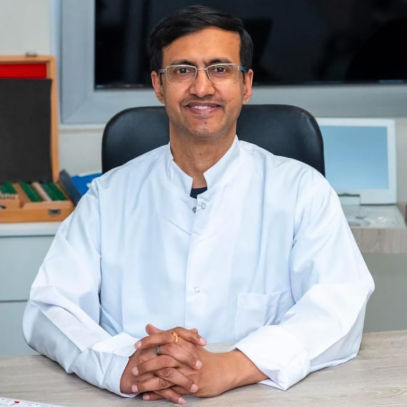
Dr Ranojit Basu
Ophthalmologist
24 Years • MBBS, DNB Ophthalmology, Diploma in Ophthalmic Medicine and. Surgery
Kolkata
Titanium Eye Care, Kolkata
Consult Top Eye Surgeon

Dr. Meenakshi Pande
Ophthalmologist
22 Years • MBBS, DO, FICO, FRCS
Chennai
Apollo Speciality Hospitals OMR, Chennai
(100+ Patients)

Dr. Zennat Tajmin Shah
Ophthalmologist
24 Years • MBBS,DO,DNB (ophthalmology), Vitreo Retina Surgeon
Kolkata
Titanium Eye Care, Kolkata
Dr. Venkateswaran Sivaprakasam
Ophthalmologist
42 Years • MBBS, Diploma in Ophthalmology
Tiruvannamalai
Shiva Eye And General Hospital, Tiruvannamalai

Dr. Mridula V Amarnath
Ophthalmologist
12 Years • MBBS,MS (Opthalomology)
Bengaluru
Apollo Medical Center, Marathahalli, Bengaluru

Dr Ranojit Basu
Ophthalmologist
24 Years • MBBS, DNB Ophthalmology, Diploma in Ophthalmic Medicine and. Surgery
Kolkata
Titanium Eye Care, Kolkata
